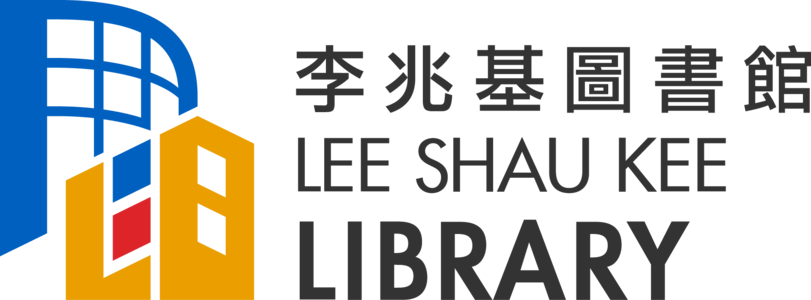In this week’s post, we present a roundup of a diverse range of topics and events from the International Open Access Week held in October 2023.
International Open Access Week offers a chance for the academic and research community to highlight the significance of open access in speeding up scientific progress. This year’s theme, “Community over Commercialization,” encouraged a candid conversation about open scholarship approaches that prioritize the best interests of the public and the academic community.
Here are some highlights from the OA week around the world that may be of interest and serve as resources to promote open access within the community.
Actions and Resources for Advancing Open Access
Author Rights Retention Policy
Imperial College London announced its new rights retention policy during the OA week, reinforcing its commitment to open access. The new institutional open access policy allows researchers to make their peer-reviewed journal articles and conference proceedings available on open access under a CC BY licence at the point of publication with no embargo. This empowers staff and students to retain the right to reuse the content of their outputs for teaching, research, and further sharing.
We also recommend taking a look at a recent report released by SPARC Europe, “Opening Knowledge: Retaining Rights and Open Licensing in Europe” which provides insights into the current landscape of non-legislative policy practices affecting researchers and authors in the domain of authors’ rights and licensing.
Open ORCID Public Data and Retraction Data
ORCID released its annual public data file under a CC0 waiver. The public data contributed by researchers or claimed by them will be available in standard formats for free download, and potentially this is the only data source that can offer data at the individual level on the production of different types of research outputs other than journal articles.
Additionally, Crossref’s acquisition of the Retraction Watch database provides access to retraction data. In our last blogpost, we shared our preliminary analysis with this open dataset and findings on the reasons and trends for retracted publications.
Articles and Blogposts
How PIDs can be used to increase research impact
A blog post titled “Enhance the Impact of Your Research with Persistent Identifiers” by DataCite highlights the importance of persistent identifiers (PIDs) in increasing research impact. The post discusses three types of PIDs and outlines six ways researchers can benefit from their use, such as proper attribution, enhanced discoverability, and facilitating collaboration.
Responses to ACS’s charging for zero-embargo OA
As we covered previously, the United States’ 2022 OSTP “Nelson Memo” sets out policy to require scholarly publications to be made publicly available immediately, at no cost to the public, by default, in agency-designated repositories (also referred to as “zero-embargo green open access”). In response to this policy, American Chemical Society (ACS) introduced an option to remove embargo of green open access (e.g., self-archiving) of manuscripts by paying an article development charge (ADC).
Various organizations and institutions, including the Confederation of Open Access Repositories (COAR), the Council of Australian University Librarians (CAUL) and Open Access Australasia, and the 13 Ivy Plus Libraries Confederation, have responded to the American Chemical Society’s new charging model and expressed their concerns.
Recorded Presentations
Biomedical Preprint Servers
Addressing this year’s theme, ASAPbio organized a panel discussion on community and commercialization in biomedical preprint servers. The event explored the relationship between for-profit publishers and preprint servers (e.g., Research Square, SSRN, and arXiv) and discussed Open Science principles for scholarly communication infrastructure and most wanted preprint server features such as APIs, active community review, and commenting features. The recorded event can be viewed online on Youtube and a blogpost summary is here.
Open Science and Peer Community In
Lastly, we would like to highlight a local event hosted at the University of Hong Kong, where Dr. Gilad Feldman from HKU delivered a talk highlighting the problems with the current scholarly publishing system and advocating for Open Science. He introduced Peer Community In (PCI) as an open peer-review platform that empowers authors. The talk received positive responses and appreciation from attendees. Slides and recording are available via this link.
For more highlights from Open Access Week 2023, you can refer to the sharing from the Association of Research Libraries (ARL), the Council for Science, and SPARC.
– By Jennifer Gu, Library
Hits: 167
Go Back to page Top
- Category:
- Academic Publishing
Tags: data sharing, open access, Open Science, preprint servers, rights retention
published November 20, 2023


